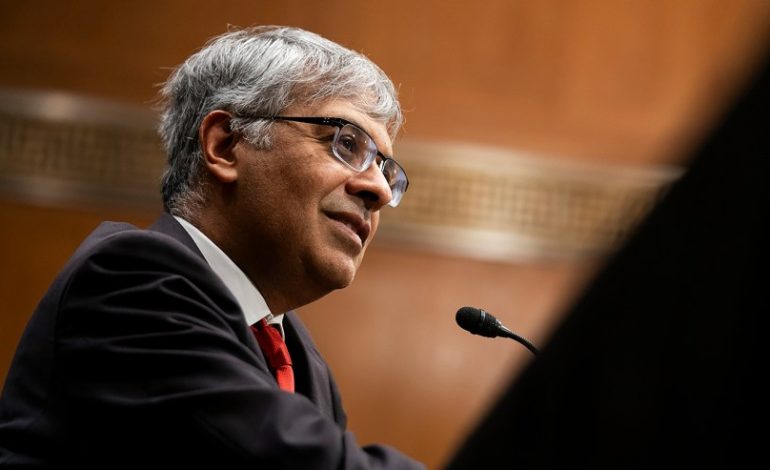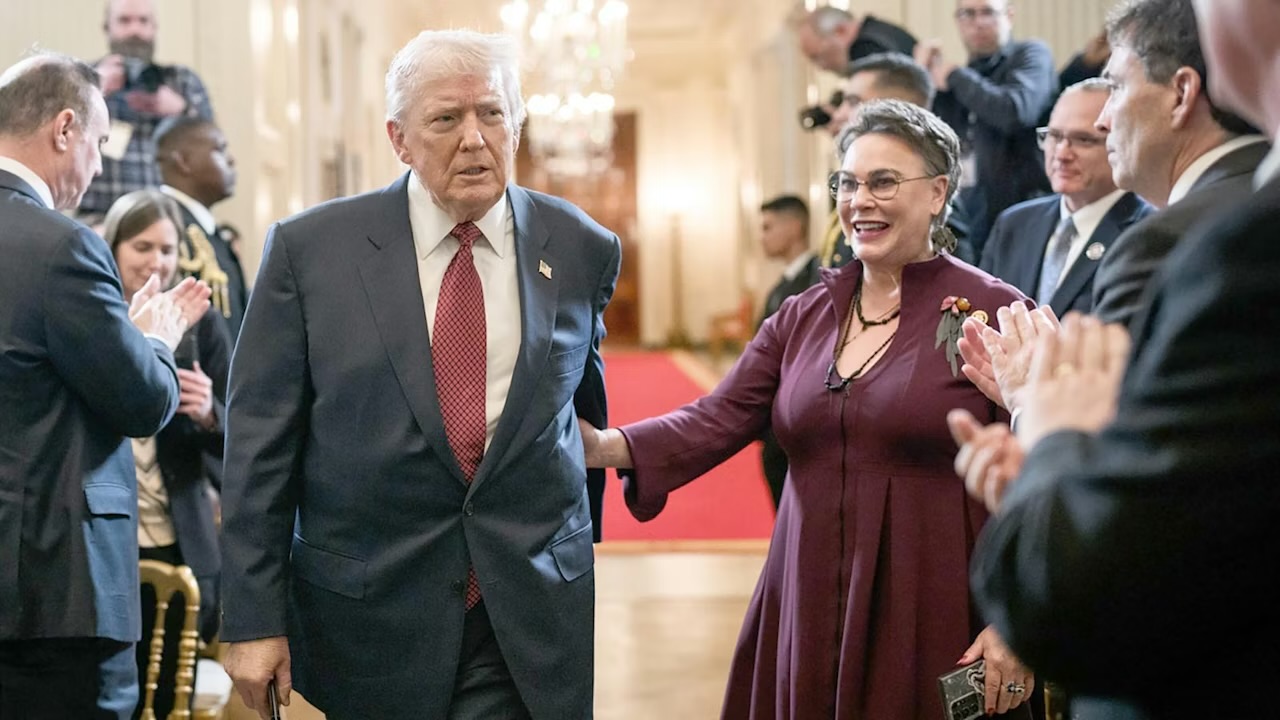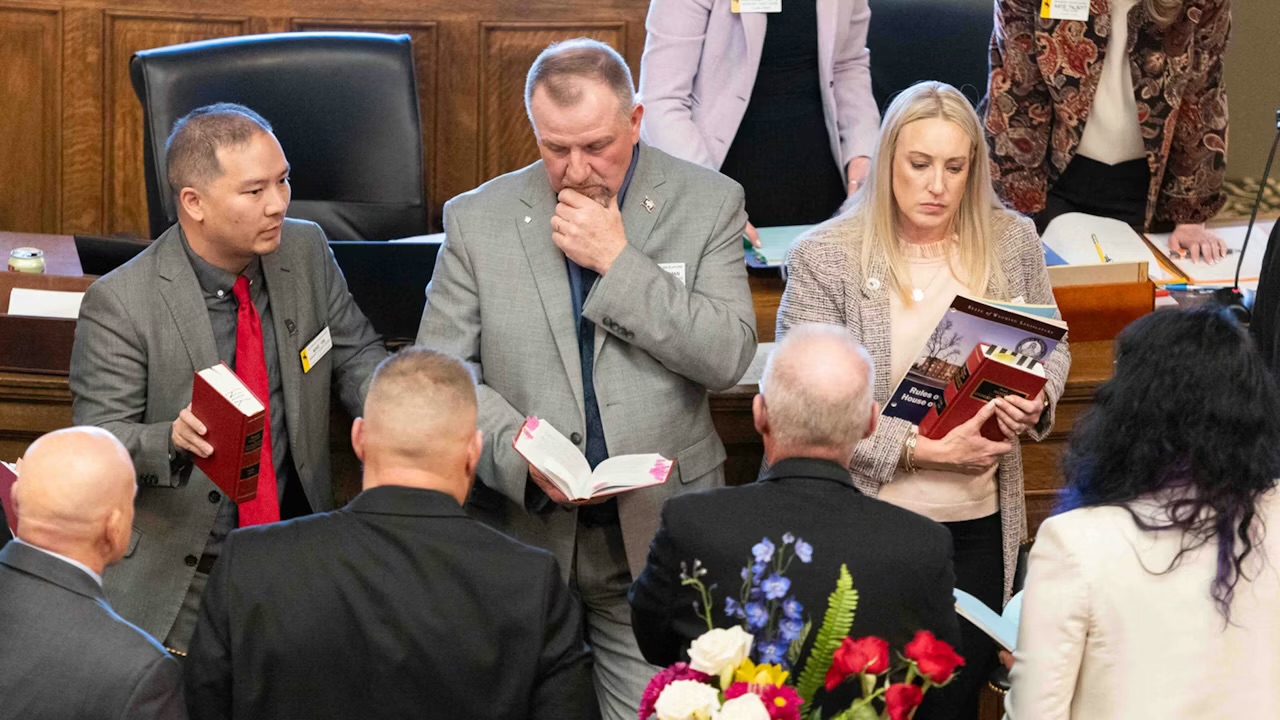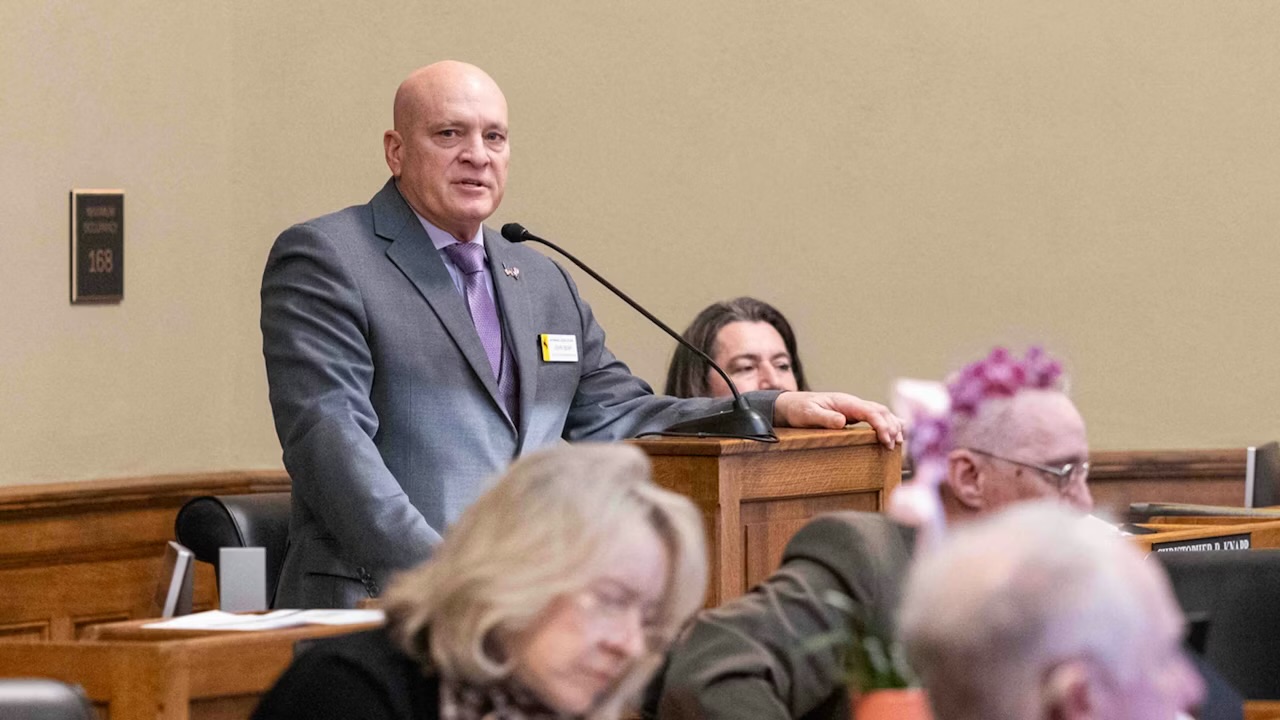NIH Pulls Plug on $500M in mRNA Vaccine Contracts, Citing Public Distrust

Just a few years ago, mRNA vaccines were hailed as a “medical miracle.” Now, the federal government is walking away from half a billion dollars in contracts tied to the technology — and the explanation depends on who you ask.
NIH Director Jay Bhattacharya says the decision boils down to one thing: Americans don’t trust mRNA anymore. Speaking on Steve Bannon’s War Room podcast and in a Washington Post op-ed, Bhattacharya called mRNA “promising” — potentially game-changing for cancer treatments — but a flop when it comes to public confidence.
“No matter how elegant the science,” he wrote, “a platform that lacks credibility among the people it seeks to protect cannot fulfill its public health mission.”
That’s not the only reason being floated. Health and Human Services Secretary Robert F. Kennedy Jr. framed the move differently last week, saying mRNA technologies funded during the pandemic failed to meet current scientific standards. Instead, HHS will refocus on whole-virus vaccines and other novel approaches.
The canceled contracts, worth about $500 million, came through the Biomedical Advanced Research and Development Authority (BARDA). Bhattacharya added that mRNA’s ability to make human cells produce spike proteins — the basis of COVID-19 shots — raises unanswered questions about where the material travels in the body, how long it lingers, and whether it triggers production of other proteins.
Not everyone agrees with his caution. Scott Hensley, a microbiology professor at the University of Pennsylvania, told Stat News those unknowns aren’t unique to mRNA — live-attenuated vaccines, like the ones for measles or mumps, carry similar uncertainties and have long been deemed safe after thorough clinical trials.
For Bhattacharya, the public trust problem traces back to pandemic-era mandates.
“Science isn’t propaganda,” he wrote. “It’s humility. And when public health officials stopped communicating with humility, we lost much of the public.”
The cuts come as the Trump administration and HHS under Kennedy continue rolling back COVID-era vaccine policies and reshaping advisory panels with members skeptical of mandates and, in some cases, of vaccines themselves. Critics warn that eroding confidence in mRNA COVID shots could spill over into doubt about other vaccines and even block non-COVID mRNA therapies now in development.
For now, Kennedy says HHS will keep investing in mRNA for cancer and complex diseases. But for pandemic vaccines? The government’s once-favored tech has lost its shine — and without public trust, it’s off the table.
The Hill and the Atlantic contributed to this report.









The latest news in your social feeds
Subscribe to our social media platforms to stay tuned